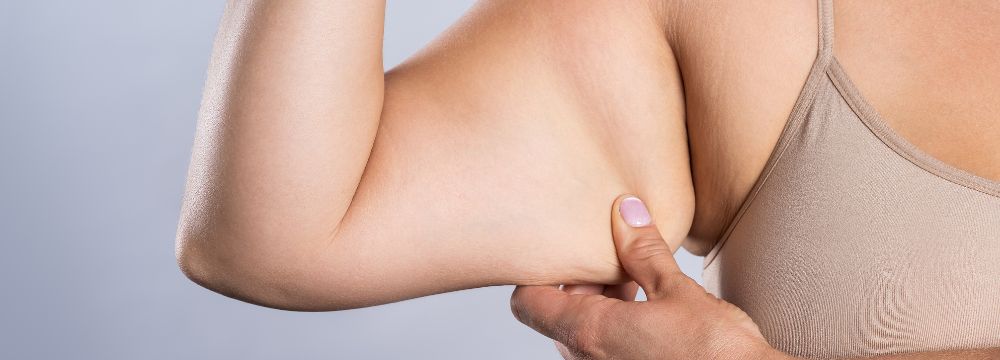After Bariatric Surgery
Body dysmorphia is one of the most common concerns that patients experience after surgery. Patients can’t see their tremendous progress for one reason or another, and they become discouraged, desponded, or flat-out quit. However, it always helps our patients to understand what to expect from their bodies after surgery so that they don’t have any misconceptions and are not frustrated or surprised by certain outcomes or lack thereof. So, without further ado, we will discuss the concepts you need to know after surgery. Understanding these will give you more insight into your bariatric journey and hopefully keep you on track for great results and fewer frustrations.
You must think of your skin like a rubber band or elastic waistband. They are very good at stretching but eventually extend beyond the point of no return, especially true for bands that have been well-worn. Adapting the analogy to weight loss, our skin is very elastic. However, with significant excess weight combined with age, some elasticity disappears, or we have stretched the skin beyond its ability to retract. This is why you may have stretch marks on your body and excess skin as you lose weight.
You must realize that no matter how much weight you lose or how consistent your weight loss is, you will end up with some hanging skin. Anyone who has bariatric surgery has enough weight to lose that the skin cannot retract entirely. However, we have a few tips and tricks to manage it.
- First, you need to lose weight slowly and consistently. Yes, we all want to see unbelievable results on the scale, and in a perfect world, we would hit our goal weight in three months, but the greater likelihood is that he will reach our goal weight between a year and a half and two years after surgery. If you lose at a healthy rate, you allow your skin to repair and retract over time. You may never get the taught skin you had as a teenager or in your early 20s, but going slow certainly mitigates the amount of excess skin you will have.
- Strength training is also a great way to reshape your body. If you only diet, you’ll find that your body shape is not the hourglass that you may want. Yes, you will lose weight, and yes, you will see the number on the scale drop. Indeed, any weight loss is significant for overall health. However, you can maximize that weight loss by including weight training and working on your shape and strength. This also has longer-term benefits as a more muscular body burns more calories, even at rest.
- You should also expect that you may not love every part of your body after the surgical procedure, even if you’ve done incredibly well, lost a significant amount of weight, and hit your goals. We all criticize our bodies, and there’s always something you can nitpick, wishing it were better. However, the better way to approach that is by using positivity. Instead of pointing out what you don’t like about your body, look in the mirror and tell yourself what you appreciate, what looks great, and what you’ll work on next. There’s nothing wrong with wanting to improve through continued weight loss, exercise, or general care if you recognize your achievements, too.
Ultimately, you are embarking on an unbelievable change in your body. Doing so exposes you to the few negatives that go along with the decidedly positive overall result. If you understand what to expect in your journey and cut yourself some slack, you will be happier and more successful in it. Of course, we will help you understand how you are doing at follow-up appointments, and you can get further advice from our dietitian and other professionals in the office, as well as tapping the collective knowledge of support group buddies.











